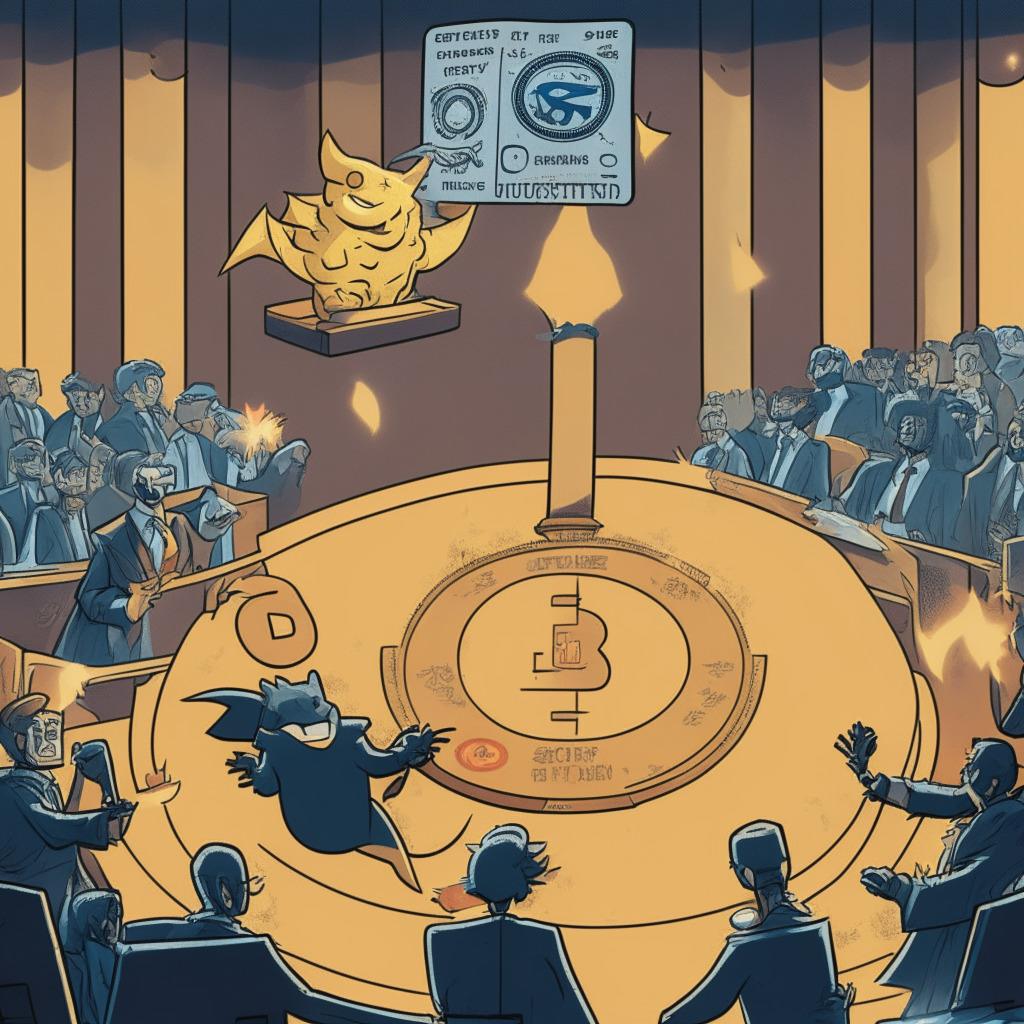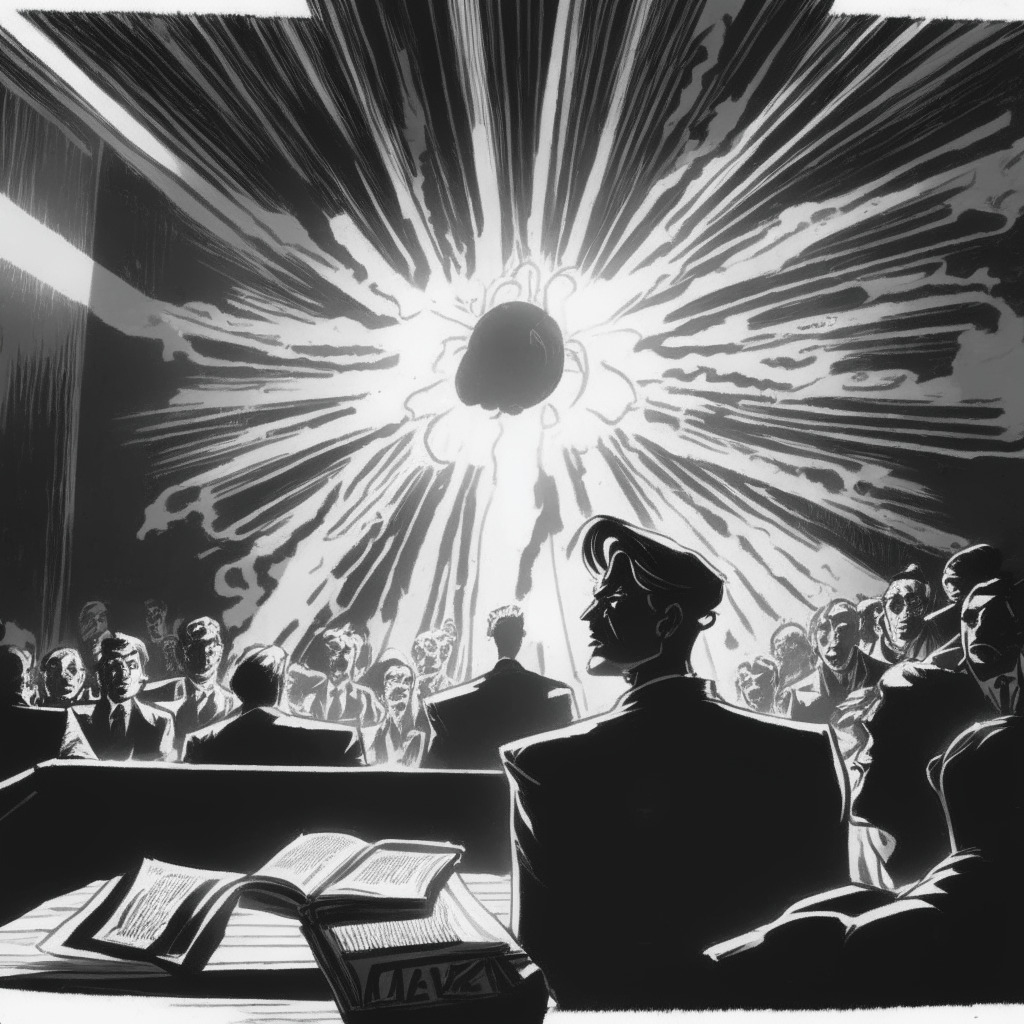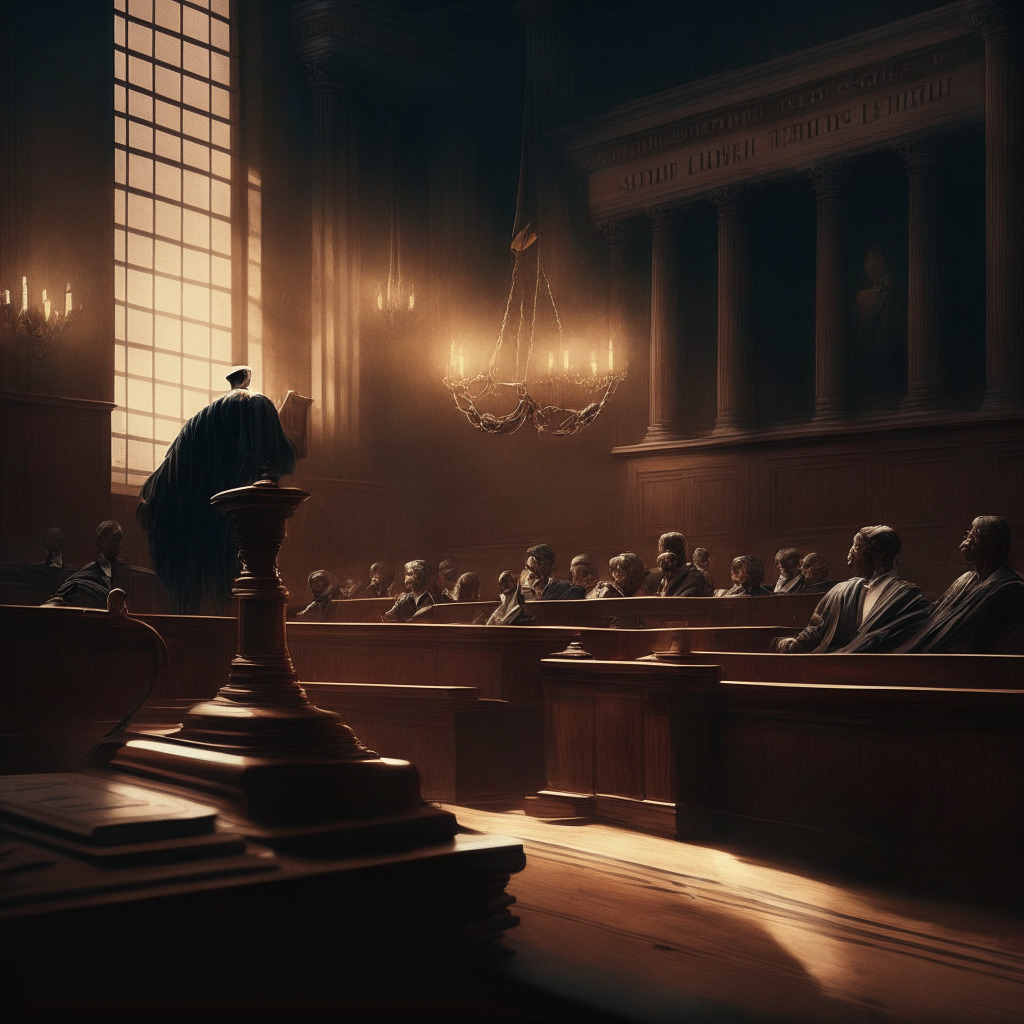Gary Gensler, the chair of the United States Securities and Exchange Commission (SEC), recently faced a myriad of criticisms and questions regarding the monitoring of the cryptocurrency market. Attesting to the divisive opinions between regulators and the cryptocurrency sector, the hearing was peppered with remarkable comparisons and biting criticisms.
U.S. Representative Andy Barr was amongst the most vocal critics. Barr accused the SEC Chair of hindering the U.S. capital markets with an abundance of regulatory bureaucracy. Gensler had previously opined that the U.S. capital market should never rest on past laurels, highlighting the need for continuous evolution. To further communicate his criticism of Gensler, Barr drew a comparison to the infamous Tonya Harding-Nancy Kerrigan scandal. With this analogy, Barr labeled Gensler as the “Tonya Harding of securities regulations.”
Elsewhere, Representative Warren Davidson added his disapproval, citing his wish that the Biden administration would withdraw Gensler from his role. He charged Gensler with promoting a “woke” social and political agenda and misusing his SEC Chair position. Davidson highlighted the SEC Stabilization Act, which he and Representative Tom Emmer had introduced, as a tool that could potentially lead to Gensler’s removal.
Changing the tempo, Gensler was grilled on the regulatory status of Bitcoin. He was careful to avoid jumping to conclusions, indicating that the established “Howey Test” criteria were not met by Bitcoin, implying it is not a security. Yet, when probed further on whether Bitcoin could be a commodity, he refrained from giving a definitive answer, underlining this classification lay beyond U.S. securities laws.
A curveball in the hearing came when U.S. Representative Ritchie Torres quizzed Gensler on whether the purchase of physical Pokemon trading cards could be deemed a securities transaction. Gensler’s response was judicious, indicating the context was key, and underscoring the backbone of the Howey Test revolves around public anticipation of profit from the actions of others.
Notably, as the hearing progressed, a “Stand With Crypto” logo was visible in the backdrop. A quiet reference to a Coinbase initiative, this campaign is aimed at pushing for cryptocurrency legislation in the United States and fostering cryptocurrency innovation and policy reform.
While sharp criticisms were the order of the day, the future of cryptocurrency regulation remains an engaging and continually evolving discussion amongst industry participants and lawmakers. Yet the hearing is a stark reminder of the tumultuous waters that surround cryptocurrency and its regulatory future.
Source: Cryptonews




